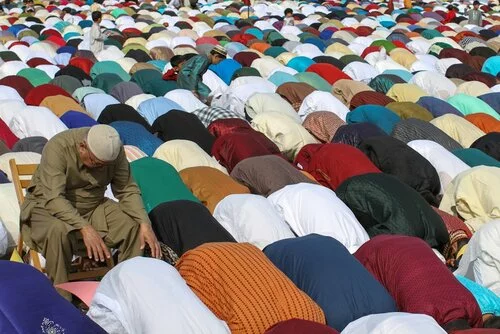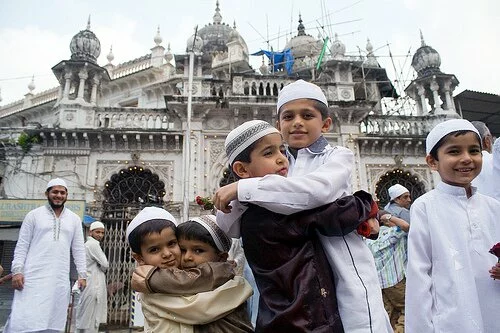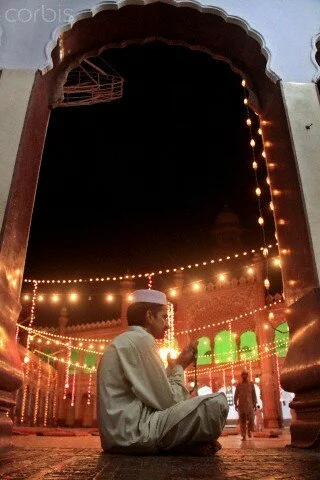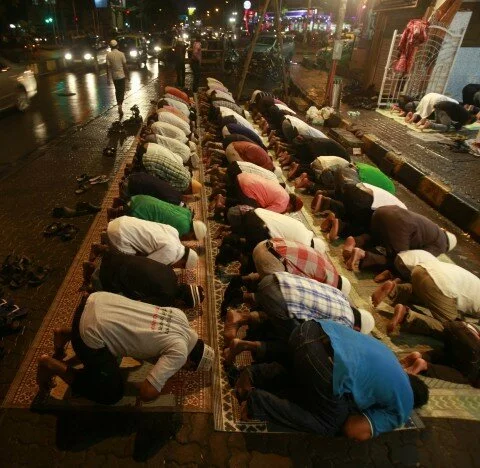All Muslims share the basic belief that all human beings are mortal and this life is the preparation for the world hereafter. This belief creates a hunger in Muslims to perform the maximum number of good deeds they can perform in their lifetime since their hereafter purely relies on their performance in this world. Therefore, the arrival of Ramadan is cherished in every Muslim house as Ramadan is seen as the month of blessings since it offers a great amount of chances to do well.
All Muslims are promised a handsome reward by Allah if they surf their abilities in serving Allah and His mankind. This is why Ramadan is always seen as a great opportunity in all Muslim community.
Ramadan is ninth month of the Islamic calendar and is considered to be the holiest of all. In Quran and Hadith, there are several verses quoting the significance of the Ramadan. All Muslims believe that this month provides them with an ideal opportunity to fight the evil spirit and get uncountable virtue. This is because, firstly, in the month of Ramadan Allah fetters Satan and as a consequence Satan cannot whisper bad ideas in the minds of believers. Secondly, as all Muslims observe fasting so they spontaneously learn tolerance and patience. Fasting also teaches them how to learn self-restraint.
Allah declares this learning of self-restraint the purpose of fasting, the Quran says:
“Fasting has been prescribed upon you as it was prescribed upon nations before you so that you may learn self-restraint. “
In this way the month of Ramadan serves as the training platform for fight against evil, as individuals learn self-restraint, commit good deeds and follow the right path. This makes the person a stronger believer and even when the Satan is set free again, the Satan does not finds it easier to make a believer indulge in any wrongdoing. Ramadan purifies believers spiritually as Allah forgives the mistakes of believer and awards them with great reward for their good actions.
Furthermore, Muslims are also blessed with the uncountable virtue in this month. Allah blesses believers seventy times more than he blesses them, for the same deed, in other months. A Nafl prayer is rewarded with a reward equivalent to Farz prayer and Farz prayer is rewarded with the reward of 70 Farz prayers.
Narrated Abu Huraira: The Prophet said, “Whoever fasted the month of Ramadan out of sincere Faith (i.e. belief) and hoping for a reward from Allah, then all his past sins will be forgiven, and whoever stood for the prayers in the night of Qadr out of sincere Faith and hoping for a reward from Allah, then all his previous sins will be forgiven.”
Such are the blessings of Allah in this month and hence it can be concluded that Ramadan is the key to defeat evil spirit and avail uncountable virtue.






